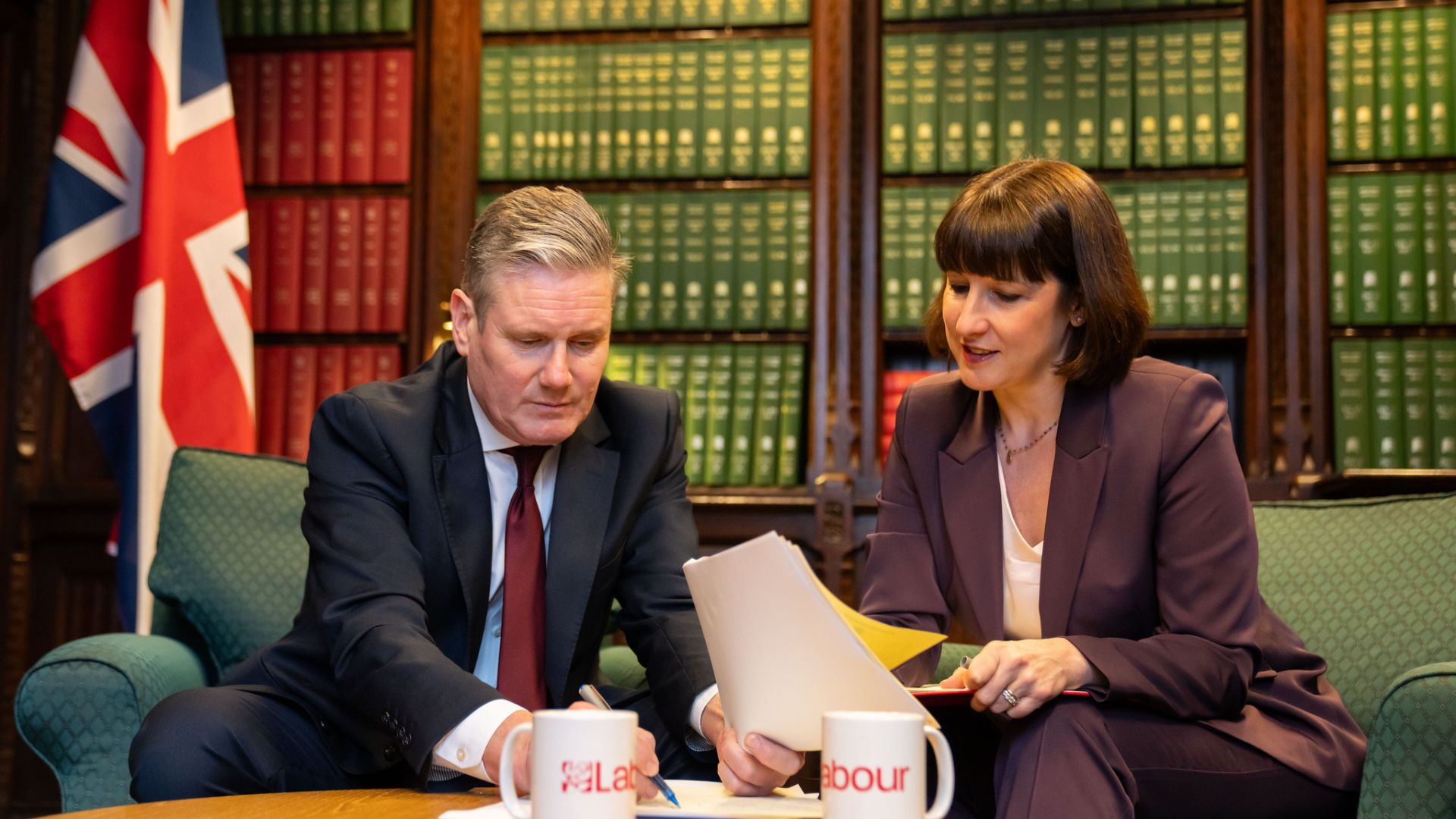The mantra from the government is grow, baby, grow. Economic growth is being presented as the absolute priority, without which we cannot afford to improve public services and living standards. Growing the economy before net zero, before levelling up opportunities, before rescuing the NHS.
There’s some logic to this. Of course we need to boost growth – albeit within sustainable limits. Public services need to be funded by tax revenues (unless you’re a modern monetary theorist, but that’s another story).
- Brits feel just as poor and miserable as they did last year. When will things get better?
- ‘Back to cost of living crisis’: Households will be £770 worse off by next UK election, experts say
But the problem with this approach is twofold. Firstly, we live in a world of doom loops and vicious cycles. This means that it’s hard to deliver growth without first making progress in some of the areas that, according to the government, can only be tackled after we’ve started to grow the economy again.
There are many examples. A prosperous economy requires a healthy workforce, and yet poverty, poor quality work, inadequate housing and a creaking health service are harming the physical and mental health of millions of Britons. A productive economy depends on a society that offers everyone the opportunity to maximise their potential, and yet high levels of inequality deny these chances to millions more.
The second problem is that, for reasons that remain unclear, there has been a recent burst of rhetoric from the government about regulation being a barrier to growth. The prime minister has likened regulation to Japanese knotweed, and there has been much talk about the power of deregulation to unlock the potential of the British economy.
There is little substance behind this argument. As a report that we have published today (14 February) in collaboration with Unchecked outlines, a strong regulatory system is essential for delivering inclusive growth that makes everyone, not just a few, better off. It is the mechanism that ensures that we minimise the risks of the free market, while unleashing its potential to deliver greater prosperity and better living standards.










